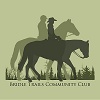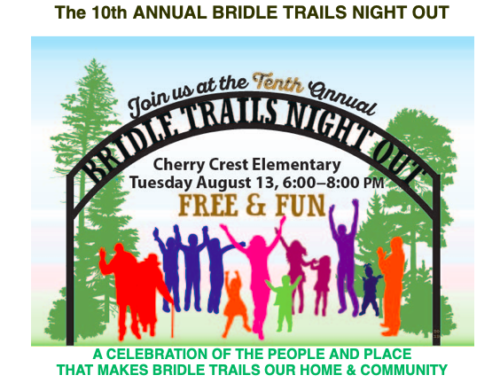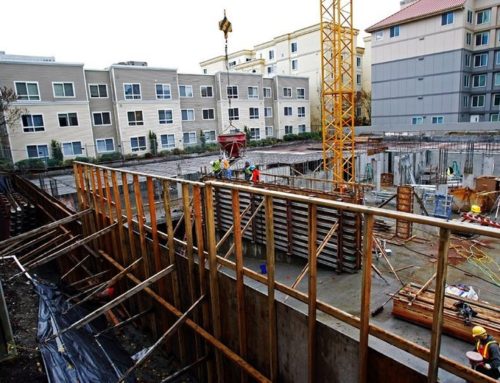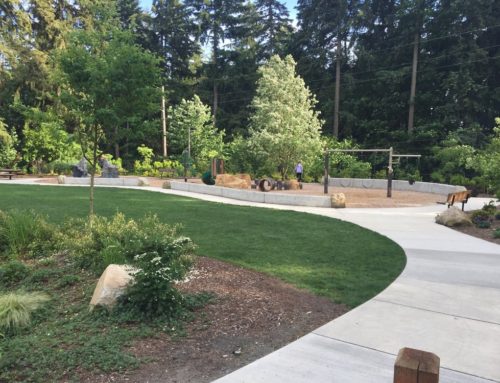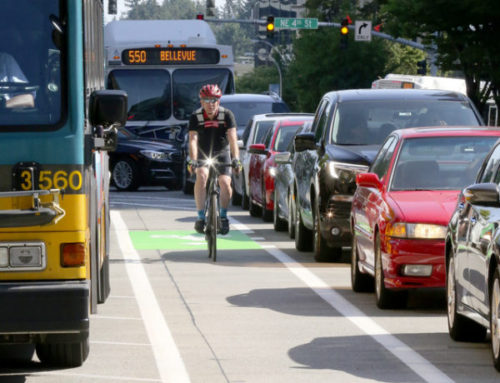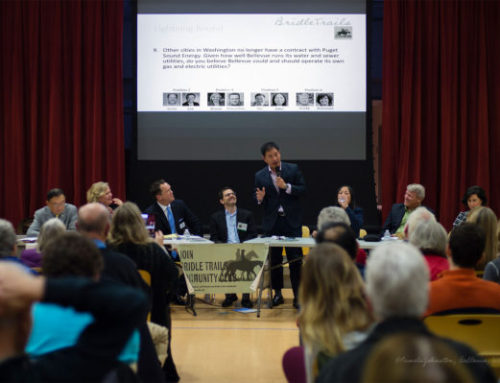Project Description

We Pledge to Protect, Replace & Growth Tree Canopy in Bridle Trails
BTCC is working with the City of Bellevue and King County to help Bridle Trails reach 40% tree canopy goal. We disseminate information to our members on tree policies and urban forestry management such as how to replace and regrow diseased trees and plant the right trees for the right place. We are stewards of the wooded environment we live in.
Trees help Bridle Trails retain its rural, residential & equestrian character in line with residents’ vision.
BTCC has lobbied the City of Bellevue to enact a Tree Master Plan. BTCC petition
Tree Canopy Protection Policies are commended by Bridle Trails Comprehensive Plan & King County regional environmental vision
- All trees in Bridle Trails Subarea & on R-1 lots require permits to remove
- Contact Land Use division prior to proceeding with any tree removal
- All single family permits are FREE
- All removed trees require replacement
- Landmark trees have special protection
- For new single-family construction or single-family additions, a minimum of 35% of the existing healthy significant trees on the site must be retained
- Any tree removal on a commercial or multifamily zoned property requires a permit
- Any tree removal in an area that is an environmentally sensitive area such as a steep slope, wetland, stream, or areas nearby these critical areas requires a permit
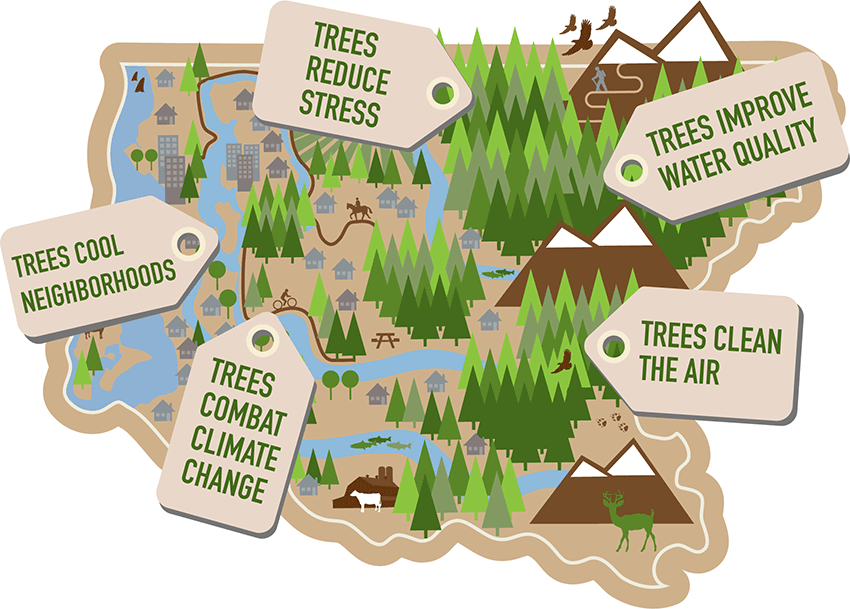
in 2015, King County has launched “plant one million trees” initiative by the end of 2020 to reduce carbon pollution & improve the health of neighborhoods and habitats.
Trees are part of what makes Bellevue, and the greater Puget Sound region, so special. The One Million Trees program leverages a low-cost investment that will pay dividends towards maintaining a healthy community for future generations. We appreciate King County’s strong leadership on this issue.
- prevent erosion
- reduce the risk of landslides
- save energy
- remove carbon dioxide CO2​ & other toxins from air
- combat climate change
- reduce flooding
- increase well-being & reduce depression
- provide shade & aesthetics
- offer positive social impact & crime reduction
- reduce noise pollution
- provide habitat for birds & wildlife
- increase property value
https://www.dnr.wa.gov/urbanforestry
The Washington State Urban and Community Forestry Program works to educate citizens and decision-makers about the economic, environmental, psychological and aesthetic benefits of trees and to assist local governments, citizen groups and volunteers in planting and sustaining healthy trees and vegetation wherever people live, work and play in Washington state. Our mission is to provide leadership to create self-sustaining urban and community forestry programs that preserve, plant and manage forests and trees for public benefits and quality of life.

